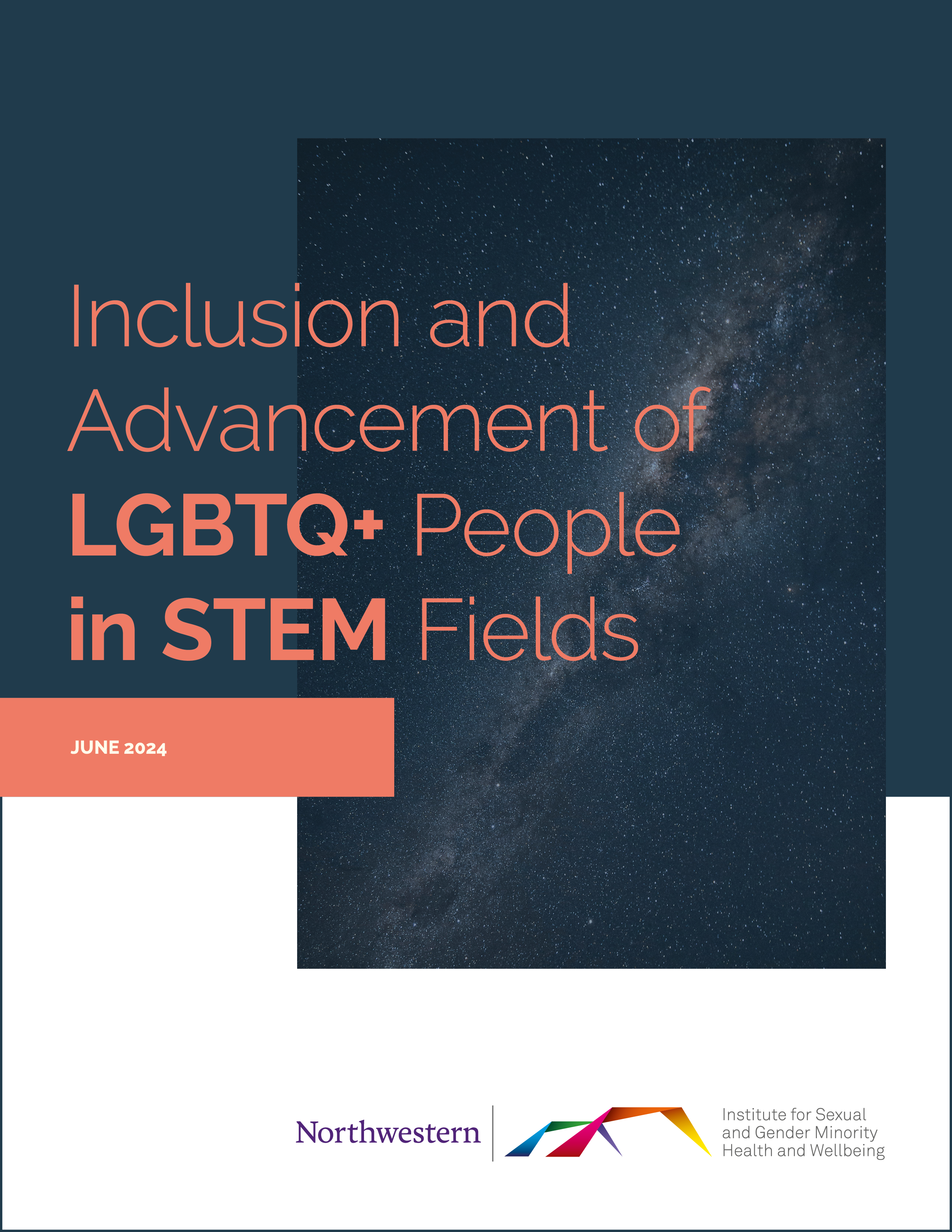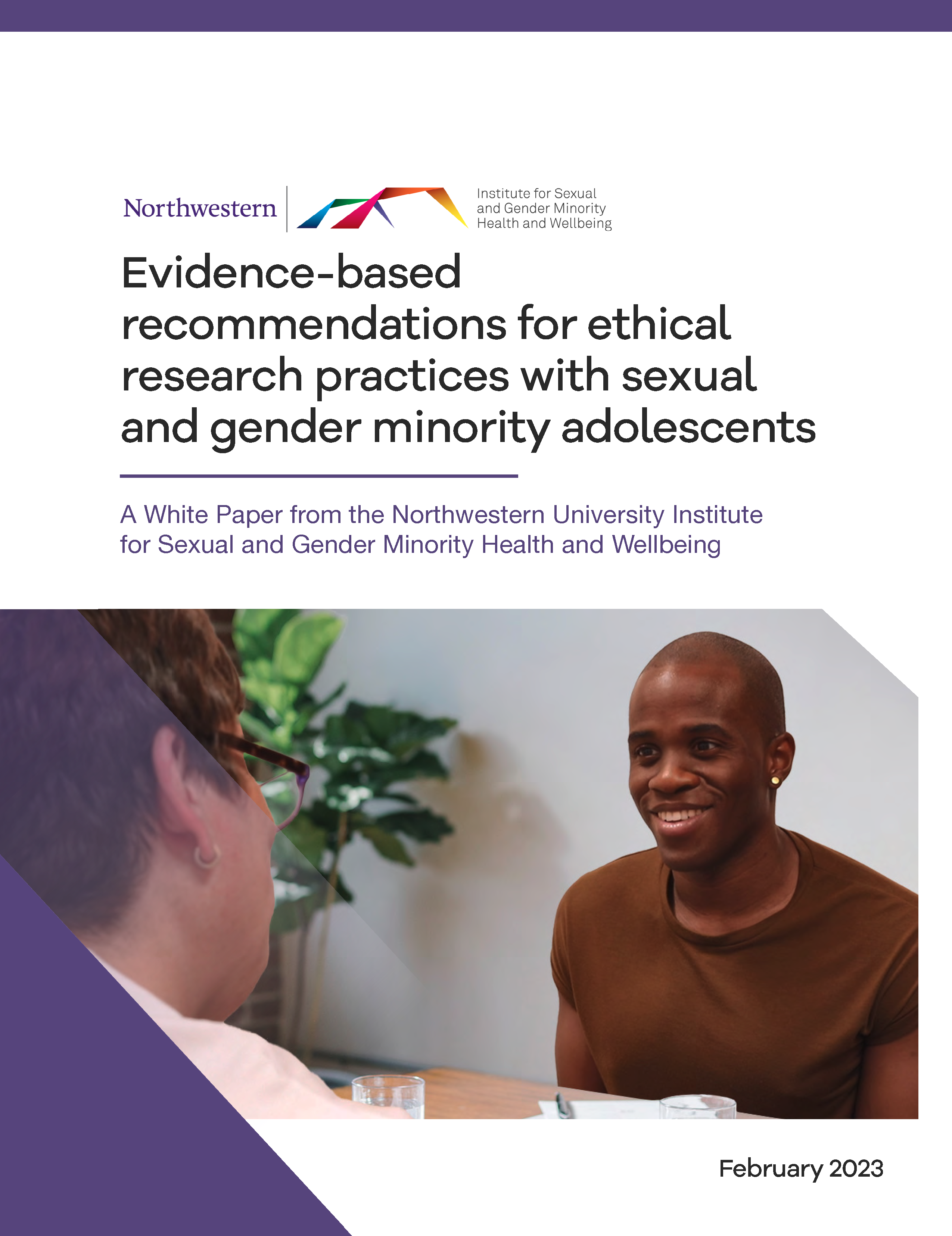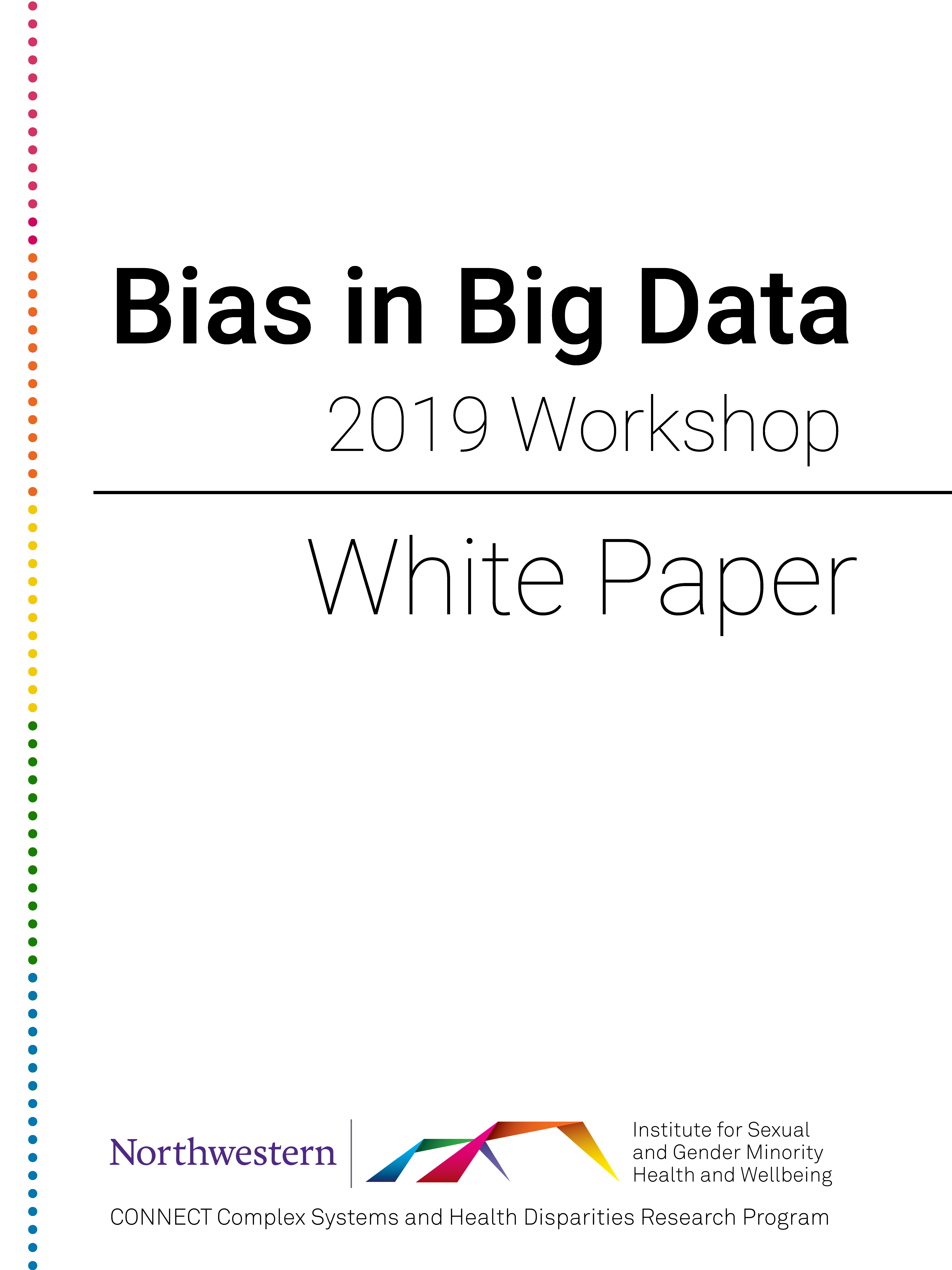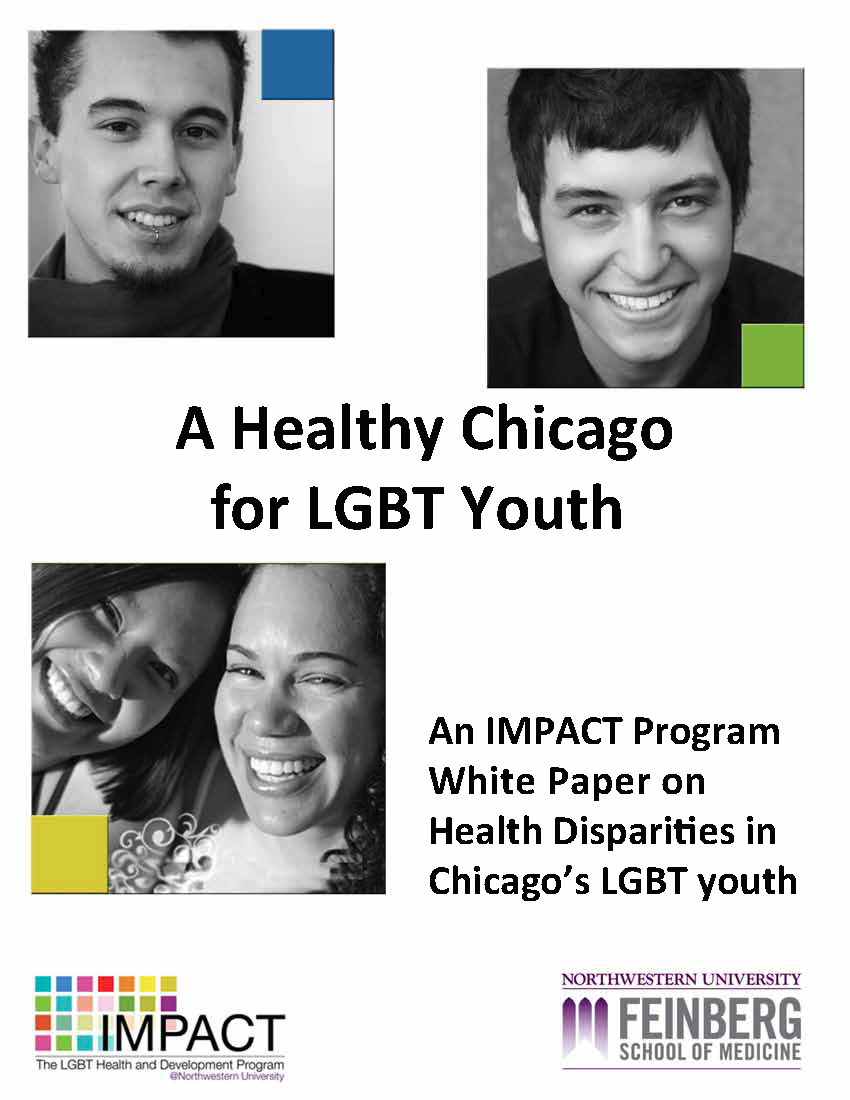White Papers and Policy Reports
Inclusion and Advancement of LGBTQ+ People in STEM Fields
 Research shows LGBTQ+ people in science, technology, engineering, and mathematics (STEM) fields face substantial barriers to participation and inclusion.
Research shows LGBTQ+ people in science, technology, engineering, and mathematics (STEM) fields face substantial barriers to participation and inclusion.
Although there is growing understanding of the barriers at each stage of the STEM education pathway, LGBTQ+ people have not yet been incorporated into federal and academic definitions of underrepresented and marginalized groups in the sciences. As a result, researchers concerned about the experiences of LGBTQ+ scientists have collected their own data, without the support of federal agencies, which have the resources to fund and support large-scale efforts.
Numerous studies cited in this report show that LGBTQ+ people experience higher rates of discrimination and harassment than the general population. These experiences vary based on people’s specific, individual identities as well as their multiplicatively oppressed identities.
This report calls for a comprehensive effort for collecting these data at all levels of research, and for policies and programs to remediate barriers to inclusion. In addition to the inclusion of sexual orientation and gender identity (SOGI) data collection in federal research, this report includes a wide range of policy and practice recommendations for all educational levels, workplaces, scientific societies, funding entities, advocacy organizations, and more.
READ THE LGBTQ+ in STEM REPORT
Evidence-based Recommendations for Ethical Research Practices with Sexual and Gender Minority Adolescents
 A significant barrier to sexual and gender minority (SGM) adolescents’ participation in sexual health research has been institutional review boards’ (IRBs) failure to apply federal regulations permitting adolescents to self-consent to research without parental involvement. To better inform IRB decision-making, we collected data from SGM adolescents and parents on their perspectives toward participating in sexual health research and parental permission requirements. We frequently receive questions from other investigators about conducting sexual health research with SGM adolescents and navigating conversations with IRBs about this type of research. The purpose of this white paper is to summarize our studies’ findings and share a guide for researchers based on lessons learned.
A significant barrier to sexual and gender minority (SGM) adolescents’ participation in sexual health research has been institutional review boards’ (IRBs) failure to apply federal regulations permitting adolescents to self-consent to research without parental involvement. To better inform IRB decision-making, we collected data from SGM adolescents and parents on their perspectives toward participating in sexual health research and parental permission requirements. We frequently receive questions from other investigators about conducting sexual health research with SGM adolescents and navigating conversations with IRBs about this type of research. The purpose of this white paper is to summarize our studies’ findings and share a guide for researchers based on lessons learned.
Read more about this white paper
Bias in Big Data
 Following their 2019 Bias in Big Data workshop, the CONNECT Program created an accessible summary of the topics and recommendations discussed by speakers and workshop attendees. The Bias in Big Data 2019 Workshop White Paper is a living recollection for both the people that were present for the discussion and those who want to learn and do more to challenge bias in big data and data science.
Following their 2019 Bias in Big Data workshop, the CONNECT Program created an accessible summary of the topics and recommendations discussed by speakers and workshop attendees. The Bias in Big Data 2019 Workshop White Paper is a living recollection for both the people that were present for the discussion and those who want to learn and do more to challenge bias in big data and data science.
While this document is catered towards data scientists, community members, researchers, policy makers, and academics, we encourage anyone who is interested in the topic of bias in big data to read on. We hope this document provides an accurate summary of the workshop as well as allows greater understanding of how data may be used to further harm historically marginalized people, and inspires readers to take meaningful action wherever they are able.
Read the Bias in Big Data white paper
A Healthy Chicago for LGBT Youth
 As an extension of the Healthy Chicago Initiative, The IMPACT Program at Northwestern University has created this report to document the health disparities of Chicago’s LGBT youth. Utilizing data from two different studies, Project Q2 and the Chicago YRBS, this report is able to provide a comprehensive picture of a broad range of health disparities.
As an extension of the Healthy Chicago Initiative, The IMPACT Program at Northwestern University has created this report to document the health disparities of Chicago’s LGBT youth. Utilizing data from two different studies, Project Q2 and the Chicago YRBS, this report is able to provide a comprehensive picture of a broad range of health disparities.
This report follows the framework of the Healthy Chicago Initiative and focuses on the areas of mental, physical, and sexual health, as well as substance use and violence prevention.
Results show that Chicago LGBT youth report health disparities across all domains. In terms of mental health, LGBT youth were more likely to report depression and depressive symptoms, previous suicide attempts, and non-suicidal self-injury. In terms of physical health, LGBT youth were not more likely to be obese, but LGB males were more likely to be underweight and both LGBT males and females were more likely to report vomiting to lose weight. In terms of sexual health, LGBT youth were more likely to report sexual risk behaviors, a deficit in HIV education, and in female-born youth, were more likely to report a teen pregnancy. In terms of substance use, LGBT youth were more likely to use tobacco, alcohol, and marijuana. And finally, LGBT youth were more likely to report experiences of sexual violence, dating violence, and victimization.